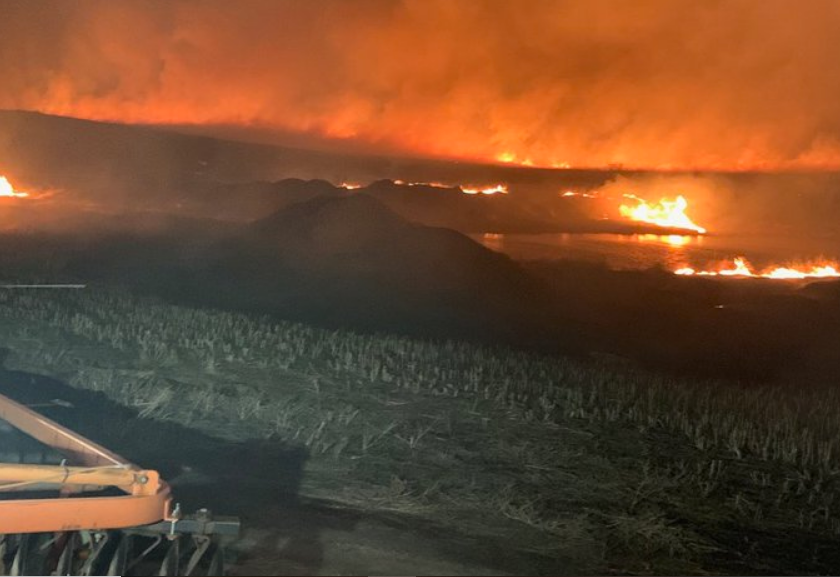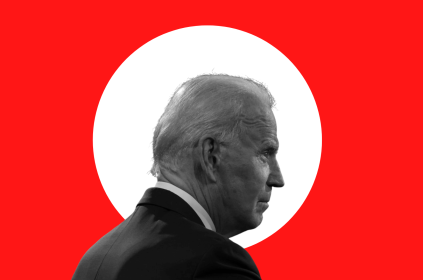Fire commissioner of Saskatchewan warned about extremely dry conditions for province’s southern half. Firefighters controlled an extensive grass fire burning near Biggar. Southern central Saskatchewan Wildfire took place due to rising humidity.
Fire Commissioner Duane McKay said, “Humidity levels have decreased again. We are in a significant fire threat anywhere south of that border and perhaps a bit into that forested area.” The fire didn’t damage buildings. Additionally, it didn’t even cause any injury.
However, another fire at about 90Km west to Saskatoon damaged one home.
On Monday, the fire started from the rural area and covered around 1,500 hectares. Afterwards, firefighters have been tackling flames in order to save farm buildings.
The fire created a state of emergency. Even after downgrading its still threatening people. People are worried about properties and livestock.
Concerning about firefighter exhaustion, the provincial government is doing its best.
Also Read: US House Oversight Committee Rebuked Trump’s Obstruction.
McKay said, “We’ll be worrying about jumping roads and will be putting crews there to block it as much as possible. We’ll also be working the flanks of that fire.”
“We have rapid response teams that go and shore up the volunteers with either specialized equipment or manpower,” he added. “That’s a way to relieve some of the stress that we see on the volunteer system.”
Major threat concern is Argo Bush. It’s an area of wildlife preserve and is full of ski trails and chalet.
Saskatchewan Wildfire – Dry Year:
According to Environment & climate Change Canada, this March was the driest on record in Regina and Moose Jaw. Also, the month was eight driest in Saskatoon.
Windy conditions and extremely dry conditions caused serious fire across the province. On Wednesday, around 85 rural municipalities banned outdoor fires in 15 towns and villages.
Meteorologist Sara Hoffman said, “Moose Jaw had 0.2ml of precipitation and that’s compared to their 30-year normal of 17.5ml. This is incredibly different.”
She also said this is not the right to conclude whether this condition will improve significantly soon or not.
In addition, the National Weather Service is predicting rain and snow for this weekend.
Also, she said for this particular climate weather cycle, the climate couldn’t be blamed. But, dry conditions are moving forward.
Hoffman said, “We can’t link one particular dry year to climate change but we can say that this is the sort of impact that we expect climate change to bring. So we do expect that as our climate changes we will see more dry years we will see more extreme condition.”
















